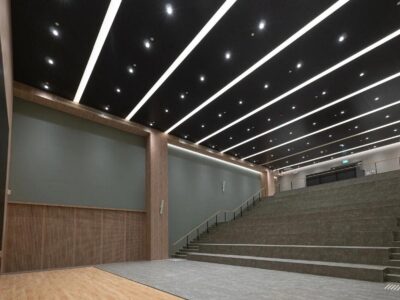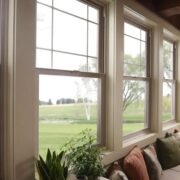In New Jersey, cooperatives and homeowners’ associations face important decisions regarding property maintenance, particularly when it comes to planning for future repairs and replacements. To address these challenges, the newly ratified NJ law S2760 mandates that associations conduct a reserve study every five years. This requirement aims to help them avoid unexpected expenses and maintain adequate reserve funds.
A reserve study NJ is a financial planning tool used to assess the physical condition of common property elements, estimate future repair and replacement costs, and establish a funding plan. When preparing this study, associations can choose between hiring a professional engineer or a reserve specialist. Each choice offers distinct advantages, and the decision can significantly impact the quality of the reserve study and the long-term financial health of the associations.
For many associations, avoiding big expenses while keeping fees low is a priority. However, neglecting to plan properly can lead to costly repairs or replacements over time. This is where the choice between a professional engineer and a reserve specialist becomes crucial.
A professional engineer is licensed by the state, experienced in building inspections, and provides a technical approach to reserve studies. Engineers focus on the structural and mechanical systems of a property. They conduct thorough evaluations of components, including the building envelope, HVAC systems, electrical systems, and plumbing. Their reports provide detailed descriptions of the current condition of each element, identify potential issues, and recommend specific repairs or replacements. This level of analysis is particularly valuable for older buildings or properties with complex systems.
On the other hand, a reserve specialist, certified by the Community Associations Institute, brings expertise in financial modeling and long-term budgeting. These professionals are often tasked with creating financial plans that support the timely replacement of major property components.
While reserve specialists can do a basic assessment of the condition of common elements, their focus is generally more financially driven. They estimate when key repairs will be needed and determine how much money should be allocated. For properties with fewer structural concerns or simpler systems, reserve specialists can provide a practical and cost-effective solution.
When deciding between a professional engineer and a reserve specialist, it is important to consider the specific needs of the property. For example, if a building has signs of deterioration, a professional engineer’s technical expertise may be necessary to identify hidden issues and prevent costly future repairs. Conversely, for newer properties or those without significant structural concerns, a reserve specialist’s financial planning skills may suffice.
Both professionals contribute significantly to helping associations plan for the future. However, the choice should align with the complexity of the property’s systems and the association’s financial goals. By selecting the right expert, associations can avoid big expenses and comply with New Jersey reserve study requirements.
Learn more about the qualities of reserve studies through this infographic from Lockatong Engineering.












Comments